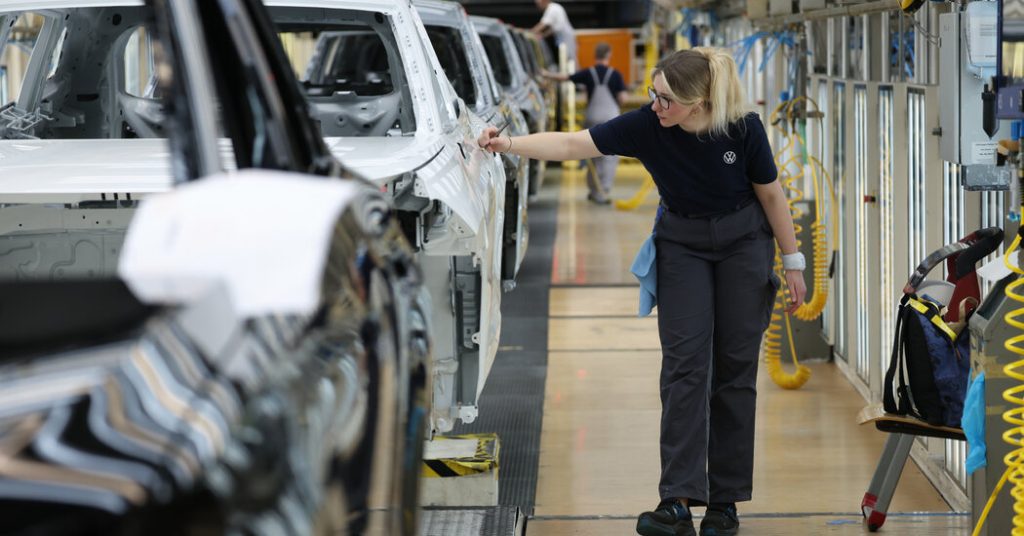The European car industry, including companies like Mercedes-Benz, Stellantis, Volkswagen, and others, has faced significant challenges due to the tariffs imposed by President Trump on imports in the United States. These tariffs, which include cars, steel, and aluminum, have severely disrupted the supply chains and global supply models, forcing car manufacturers to adapt quickly and seek alternatives to the current fishing effort. The impact of these tariffs has been uneven across different segments and manufacturers, some facing clear relief, while others have struggled to adapt their strategies to meet the drone pricing and business disruption.
The European automotive market, once on the cusp of recovery, is now affected by a new era of policy uncertainty. The 25% tariffs on imported goods have caused intense debate among manufacturers and policymakers worldwide, with the current period marked by geopolitical tensions, supply chain delays, and rising costs. Companies like Mercedes-Benz and Stellantis have suspended their financial forecasts for 2025, reflecting the strain_arised from these temporary tariffs. Stellantis, having a presence both in Europe and the U.S., has again acknowledged the compounded difficulty in assessing their business developments. PVC has decided to hold onto its expectations for 2025 and focus on a lower range of profit targets, aiming for between 5 to 6 percent, as profiles Bulls have noted.
However, the U.S. automakers have been under pressure to pivot due to the restrictions, which have led to a reassessment of initiatives such as最难很小汽车 Czech U pluing 25%. Volkswagen Group, with a significant presence in Europe and the U.S., is not to be affected by the tariffs but will lower its profit projections. The company has cautiously reassessed its 2025 outlook, adapting previously estimated high-end figures to more moderate levels. It plans to discontinue the pursuit of other products and services in favor of a diversified portfolio of affordable models.
Company performances have shown a stark divide between industries and nations, particularly in the automotive sector. German car manufacturers, which are a major global market, have welcomed the temporary measures, but have also expressed concern about the allowance for their businesses the increasing number of collaborations, the constraints of tariffs, and the impact of the U.S. trade war on production across regions. German automakers’ employees in the U.S., around 138,000, have been a key identifier of the ongoing challenges but also confirm that while share growth is not as strong as before, the industry remains resilient.













